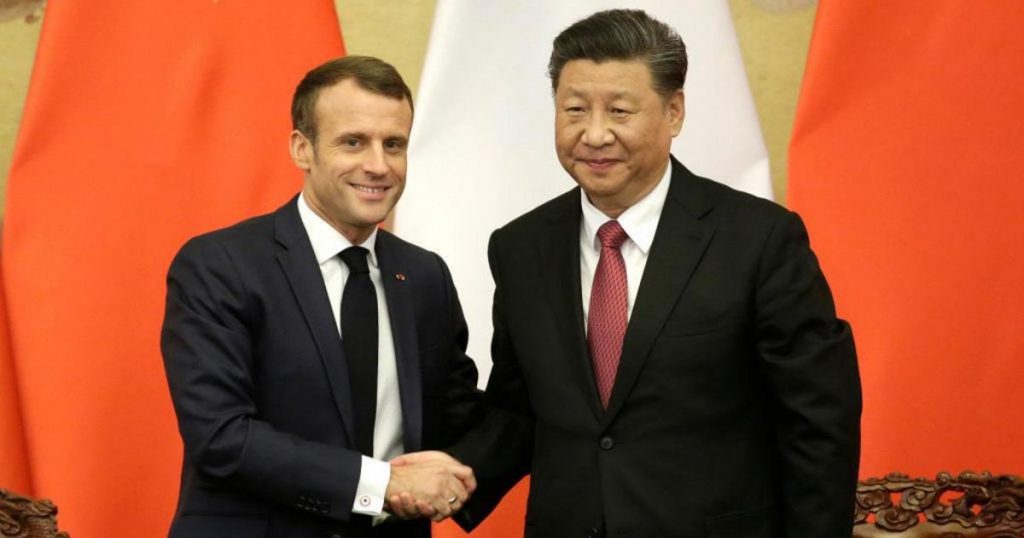Xi Jinping is on his way to Europe, where he will visit three capitals, Paris, Belgrade, and Budapest, at the invitation of Presidents Emmanuel Macron, Aleksandar Vucic, and Hungarian Prime Minister Viktor Orban. This tour marks his first visit to Europe since 2019, when he signed agreements with Italy on the New Silk Road, which were later canceled by Giorgia Meloni. Accompanying Xi on this trip are First Lady Peng Liyuan, Foreign Minister Wang Yi, and Cai Qi, a member of the Politburo Standing Committee and head of the presidential secretariat. The first stop on the trip will be at the Élysée to celebrate 60 years of diplomatic relations between France and China, providing an opportunity to discuss various areas of contention that have recently strained relations between China and Europe.
Macron, as the Western leader most vocal against Putin and in support of Ukraine, aims to provide various forms of assistance to Kyiv, including arms, defense systems, logistical support, tanks, and aircraft. He has even proposed sending troops to the region, a suggestion that has been excluded by most allies and viewed as a significant escalation of the conflict by the Kremlin. Xi Jinping has shown support for Russia, particularly in terms of technology, but has not faced formal sanctions by the West. The European Union is seeking clarity on various issues with China, particularly subsidies received by Chinese wind turbine suppliers and practices in sectors such as chemicals, technology, solar panels, electric cars, and security.
There have been raids on the offices of Nuctech, a major security device company, as well as arrests in Germany and the UK for suspected espionage on behalf of China. As tensions rise between the EU and China, Xi’s visit aims to address potential trade disputes and promote stronger bilateral relations. While some European leaders remain critical of China, others, such as Vucic and Orban, are more welcoming. China hopes to prevent further alignment between Europe and the US by courting leaders who have distanced themselves from the Western alliance and seek a change in leadership in the White House.
In Serbia and Hungary, Xi is unlikely to face the same level of criticism he may encounter in other European capitals. China is eager to maintain relationships with leaders who have been skeptical of the Western alliance and seek a different approach to global leadership. While tensions may exist on various fronts, the visit highlights efforts to improve relations between China and Europe, despite ongoing disputes over issues such as espionage, disinformation campaigns, Taiwan, and unfair trade practices. The outcome of Xi’s visit will likely shape the future trajectory of China-Europe relations amid a rapidly changing geopolitical landscape.


